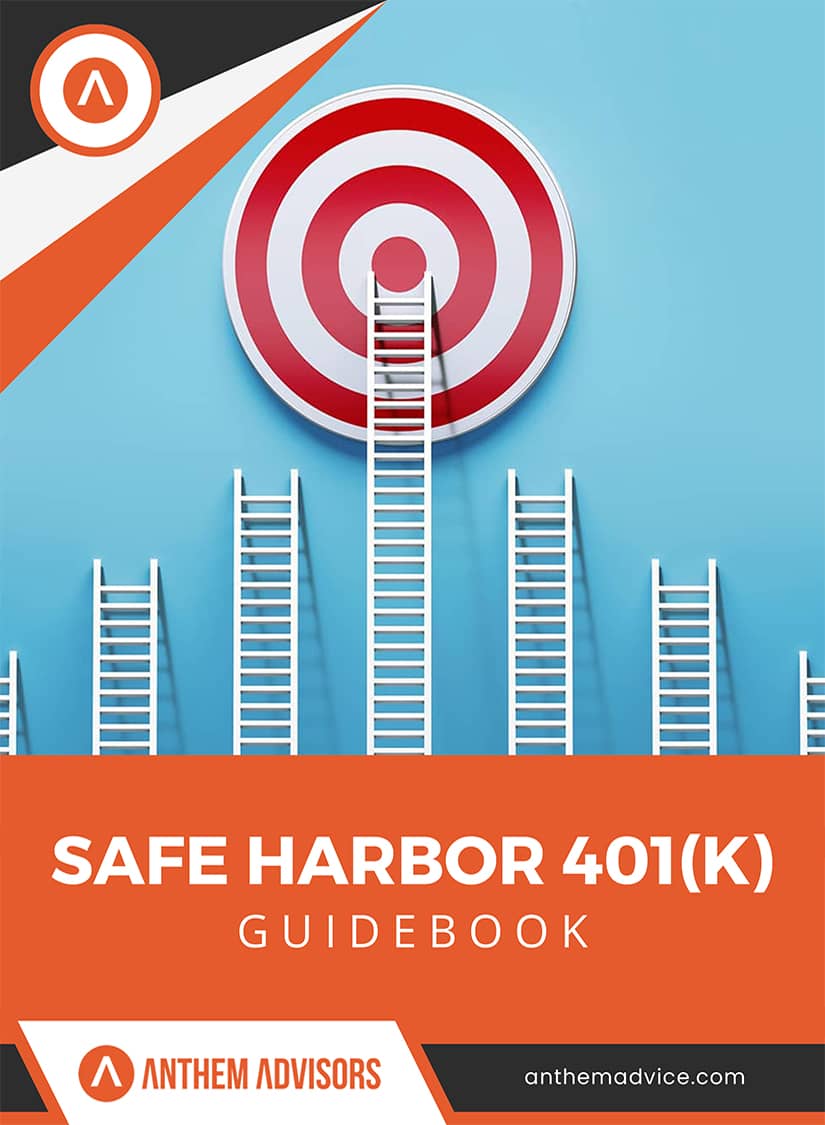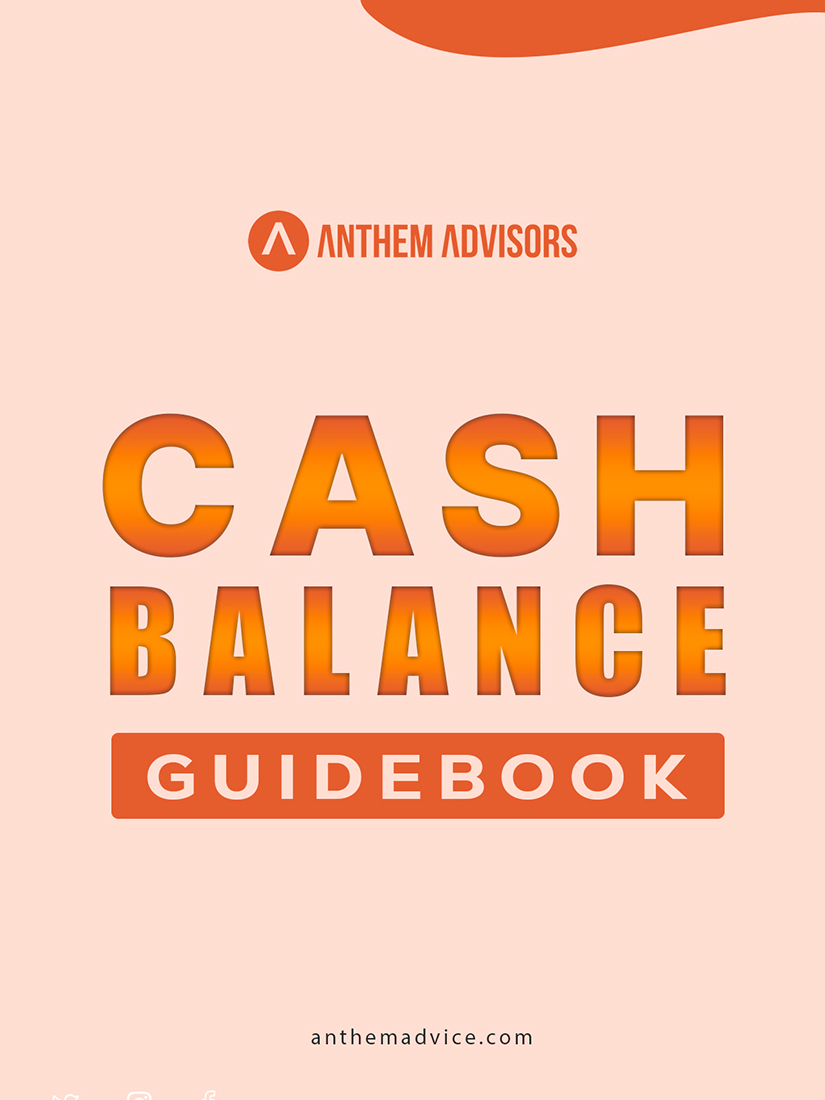Retirement planning is like planning a big adventure for your future self. But sometimes, there are myths that can make this adventure seem scarier or more confusing than it needs to be. Let’s clear up some of these myths and get you on the right track with your retirement plan!
Myth 1: I’m Too Young to Start Planning for Retirement
You might think retirement planning is something you only need to worry about when you’re older, like in your 50s or 60s. But the truth is, the earlier you start planning, the better off you’ll be! Even if you’re in your 20s or 30s, it’s never too early to think about your retirement.
Why Early Planning Matters:
– Compound Interest: Starting early means your money has more time to grow through something called compound interest. It’s like planting a money tree that keeps growing over time.
– Less Stress: Planning early gives you more time to save and build your retirement fund without feeling rushed or stressed.
– Flexibility: You can adjust your retirement plan as you go along, making it easier to adapt to changes in your life.
Myth 2: I Can Rely Only on Social Security for Retirement
Social Security is a helpful part of retirement income, but it’s not meant to cover all your expenses. It’s more like a safety net to supplement your savings. So, don’t rely solely on Social Security.
Why You Need More Than Social Security:
– Limited Amount: Social Security usually provides only a portion of what you need for retirement.
– Growing Expenses As you get older, your expenses might go up, and Social Security might not keep up with those increases.
– Longevity: You might live longer than you think, so you’ll need more savings to support yourself.
Myth 3: I’ll Figure It Out Later if I Have a Pension
Having a pension is great, but it’s not a guarantee that you’ll be set for retirement. It’s important to have a backup plan and save on your own, too.
Why a Backup Plan Is Important:
– Pension Changes: Your pension might not always stay the same, and you don’t want to be caught off guard.
– Inflation: The cost of living goes up over time, so your pension might not cover everything in the future.
– Unexpected Costs: You never know what life might throw at you, so having extra savings is a smart move.
Myth 4: My Expenses Will Go Down Dramatically in Retirement
While some expenses might decrease when you retire, like commuting costs or work-related expenses, others can go up, like healthcare or leisure activities.
Consider These Factors:
– Healthcare: Medical expenses tend to increase as you get older, so make sure you plan for that.
– Hobbies: You might want to travel or pursue hobbies more in retirement, which can add to your expenses.
– Unexpected Needs: Emergencies or home repairs can pop up, so having a cushion for these is wise.
Myth 5: I Can Always Work Longer if I Need More Money
While working longer is an option for some, it’s not guaranteed for everyone. Health issues, job availability, and burnout are real concerns.
Challenges You Might Face:
– Health Problems: Your health might not allow you to work as long as you want.
– Job Market: Finding work as you get older can be tough, especially if industries change.
– Personal Well-being: Working non-stop might not be good for your mental or physical health in the long run.
What You Really Need to Know About Retirement Planning
Now that we’ve debunked some myths, let’s talk about what you really need to do for a successful retirement plan.
Start Early and Save Consistently
Even small amounts saved regularly can add up over time. Take advantage of retirement accounts like 401(k)s or IRAs, and try to contribute consistently.
Diversify Your Investments
Spread your money across different types of investments, like stocks, bonds, or real estate. This helps reduce risk and can lead to better returns.
Understand Your Retirement Needs
Think about what your expenses might be in retirement, like housing, healthcare, and daily living costs. Having a clear picture can help you plan better.
Maximize Employer Benefits
If your job offers retirement benefits or matching contributions, make sure you’re taking full advantage of them. It’s like getting free money for your future!
Plan for Healthcare Costs
Healthcare can be expensive, especially as you get older. Look into options like Medicare or long-term care insurance to cover these costs.
Stay Informed and Adjust Your Plan
Keep up with changes in laws or investment options that might affect your retirement plan. And don’t be afraid to tweak your plan as needed.
Create a Withdrawal Strategy
Figure out how you’ll withdraw money from your retirement accounts when the time comes. It’s important to do this wisely to avoid unnecessary taxes or penalties.
Plan for the Long Haul
Remember, retirement could last decades, so make sure your savings can support you for the long term. Consider factors like inflation and rising costs.
Consider Part-Time Work or Other Income
If you want to keep working in retirement or have other sources of income, factor that into your plan. It can provide extra security and flexibility.
Think About Your Legacy
Plan ahead for what you want to leave behind for loved ones or charities. Estate planning is an important part of retirement planning.
Take the Next Step: Consult a Financial Advisor Today!
If all this sounds overwhelming, don’t worry! A financial advisor can help you navigate the ins and outs of retirement planning and tailor a plan that suits you.
In conclusion, retirement planning doesn’t have to be complicated or scary. By debunking myths and focusing on practical steps, you can set yourself up for a comfortable and enjoyable retirement. Start early, save smart, and stay informed to make the most of your retirement years!
“Take the Next Step: Consult Anthem Advisors at (305) 482-3002 Today!”









